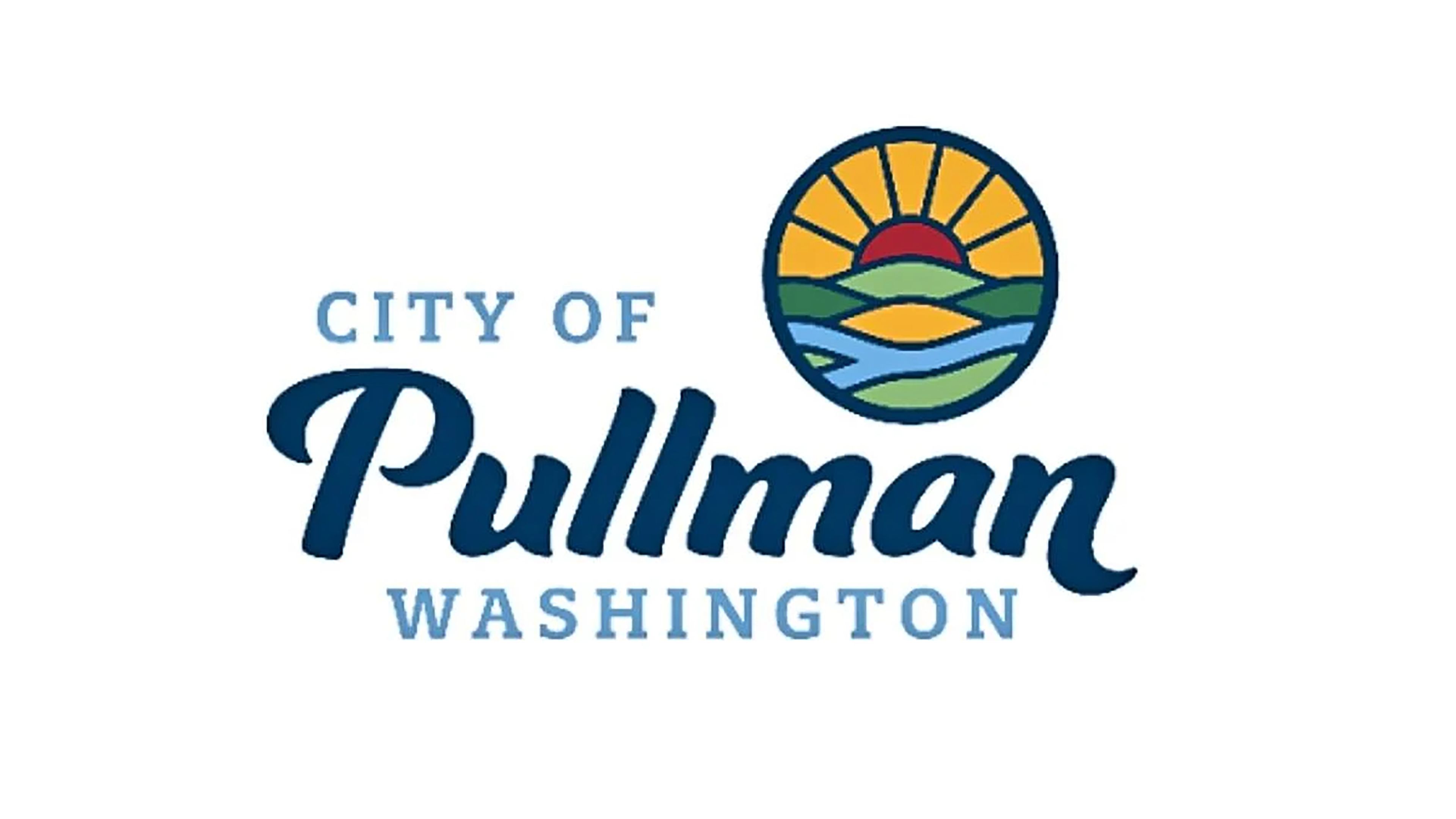This story was published in the Aug. 7, 1978, edition of the Lewiston Tribune.
---
VATICAN CITY - Pope Paul VI, the frail and quiet pontiff who for 15 years led the Roman Catholic Church through change and conflict, died Sunday night about four hours after suffering a heart attack as he participated in holy Mass. He was 80.
Death came at 9:40 p.m. (3:40 p.m., EDT) in his summer palace at Castel Gandolfo, In the Alban Hills outside Rome.
Vatican sources said the pontiff had been lucid after the heart attack and prayed with others in his bedroom. Then an hour before his death, he became dizzy and signaled to the others to continue the prayers, the sources added.
Vatican sources said those at the pope's bedside at death were Cardinal Jean Villot, the Vatican secretary of state who takes interim charge of the church; the deputy secretary of state, Bishop Giuseppe Caprio; Monsignor Pasquale Macchi, the pope's private secretary, who was with Paul when was stricken; the pope's physician, Dr. Mario Fontana; Fontana's assistant, Dr. Renato Buzzanetti, and two nuns.
The pope has one living immediate relative, his brother. Ludovico. 83, a former Italian senator who is reported ailing.
The tolling of church bells echoed through Rome as word came of the passing of the 262nd Roman Catholic pope.
The heart attack struck at 5:30 p.m. as the pontiff, bedridden with a recurrence of his chronic joint disease arthrosis, was having Mass said for him by his private secretary, Monsignor Macchi.
After the attack, the pope was treated by Fontana, and was given oxygen, Vatican sources said.
They said the heart condition was aggravated by pulmonary edema, or seeping of fluid into the lungs.
In a little more than four hours he was dead.
The Vatican had announced Saturday that the pope, on his doctor's orders, was taking a "complete rest" at Castel Gandolfo after a summer recurrence of arthrosis, a painful disease in which bones fuse at the joints. It differs from arthritis, which is an inflammation of the Joints.
There had been speculation that he would step down at 75, the age at which he had asked other Roman Catholic prelates to go into retirement, and again at 80, the age he decreed that cardinals would no longer be eligible to vote for a new pope.
But he stayed on and was quoted as saying: "Kings can abdicate; popes cannot."
Born Giovanni Battista Montini on Sept. 26, 1897, Paul was elected supreme spiritual head of the 500 million-member church on June 21, 1963, successor to the much-beloved Pope John XXIII.
Paul's 15 years as the 262nd successor to St. Peter followed the papacy of the easygoing and earthy John XXIII. Paul's initial work involved maintaining the momentum of Vatican II, the vehicle for aggiornamento - or updating - initiated by Pope John, yet holding to the traditional teachings of Catholicism.
Few other popes in history - certainly none in modern times - have faced such a difficult and baffling task.
In the interests of openness, Paul became the most traveled pontiff in history, visiting 16 countries on six continents. It followed that he was one of the most accessible of popes. He granted audiences frequently, and Americans he received ranged from the Rev. Dr. Martin Luther King Jr. to Betty Friedan. To the world, he regularly issued ringing calls for social and economic justice. He opened new lines of communication to communists down the street in Rome's city hall, and to those in the Kremlin.








